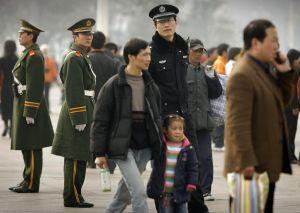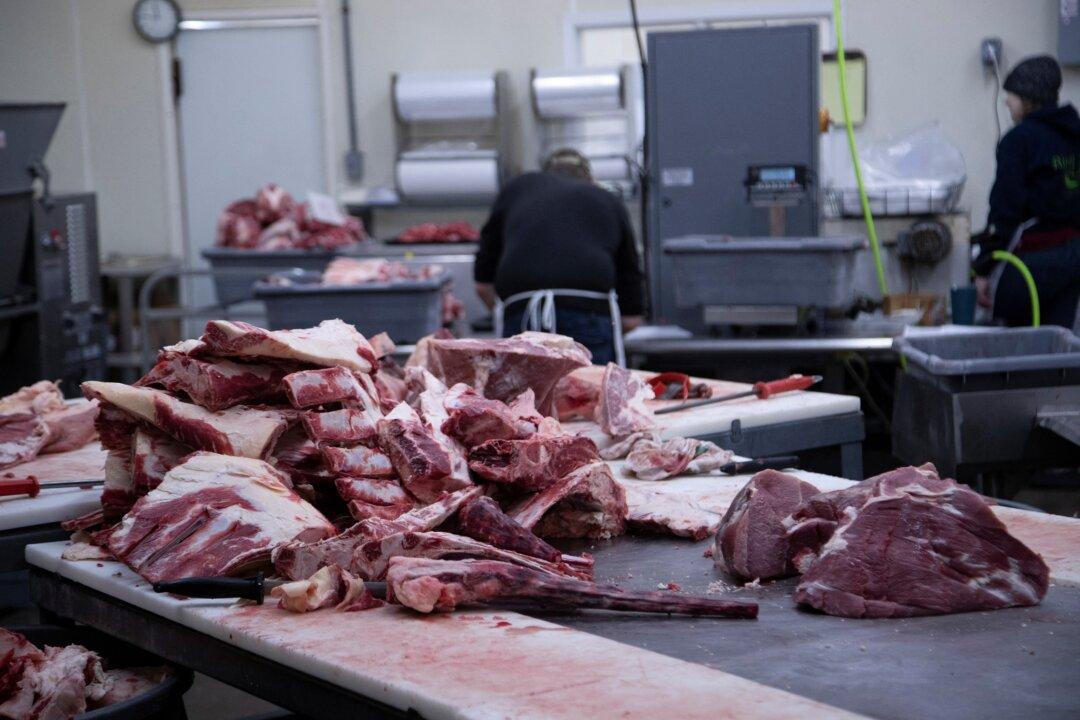BEIJING—A Chinese author and three lawyers have condemned media censors in an open letter to parliament for banning the writer’s latest book, and called for an end to all forms of “unconstitutional” censorship.
Zhang Yihe accused the cabinet’s General Administration of Press and Publications of pulling Performers’ Pasts, a book about the high-pitched masters of Peking Opera, and seven other works, some with political or social themes, from bookshops in January and threatened to sue.
In their letter posted on the Internet, Zhang and the lawyers urged the National People’s Congress “to ask government agencies concerned for an explanation for the unconstitutional actions and arbitrary misdeeds with regards to publication issues”.
Zhang and attorneys Zhang Sizhi, Pu Zhiqiang and Fu Kexin also asked parliament to investigate the ban after its annual session ends on Friday.
Zhang Yihe won fame in 2004 for a memoir about her father and other intellectuals who embraced Mao Zedong’s revolution only to be purged in the 1957 Anti-Rightist Campaign along with about 500,000 rightists, or liberals.
Reprints of the memoir have been banned, but pirated copies can be picked up on many streetside book stalls in Beijing.
This year’s 50th anniversary of the Anti-Rightist Campaign threatens to summon unhappy ghosts from the Communist Party’s past, and the party’s Propaganda Department has banned publication of books on the period and the chaotic 1966-76 Cultural Revolution, a source with knowledge of the ban said.
“Publication of books and pictorials on the Anti-Rightist Campaign are banned to prevent the disgruntled from smearing the Communist Party,” the source told Reuters.
The banning of books, magazines and newspapers has long been common in one-party China. Freedom of expression is enshrined in the constitution, but in practice the Communist Party has exercised iron control since the 1949 revolution.
Media censors have also warned domestic media and book publishers against fanning the flames of anti-Japanese sentiment this year, said the source who requested anonymity.
Authorities are obsessed with stability and keen to avoid any repeat of anti-Japanese protests across China in 2005 ahead of a leadership reshuffle at the party’s 17th Congress this autumn.
Resentment of Japan’s wartime aggression runs deep among many Chinese, who feel Japan has not fully atoned for its past. But China is expected to play down commemorations marking the 70th anniversary of the July 7 Marco Polo Bridge Incident–the start of the Sino-Japanese War.
The Propaganda Department has also issued verbal directives to newspapers, magazines, television and radio stations and book publishers not to offend Muslims in the Year of the Pig, which began in February, the source said.
Islam forbids the eating of pork. There are an estimated 20 million Muslims in China, mainly living in central and western provinces.
Media and publishers were also told “not to excessively publicise the extravagant lifestyles of rich and corrupt officials”, apparently to avoid worsening social tensions between the society’s haves and have-nots.
Market pressure to boost circulation and advertising revenues has emboldened many newspapers, magazines and publishers after state subsidies were slashed and they were left to fend for themselves. But media and publishers still answer to censors.





